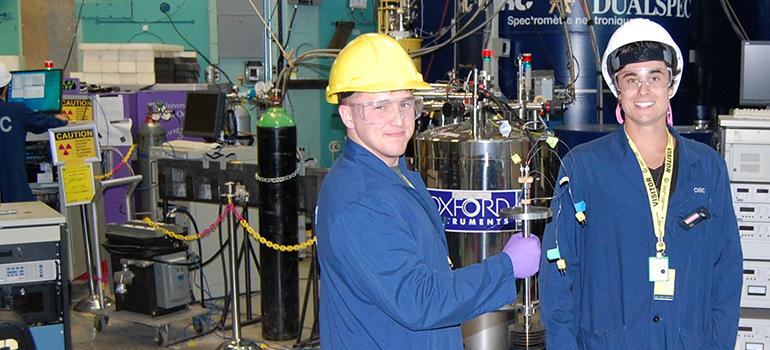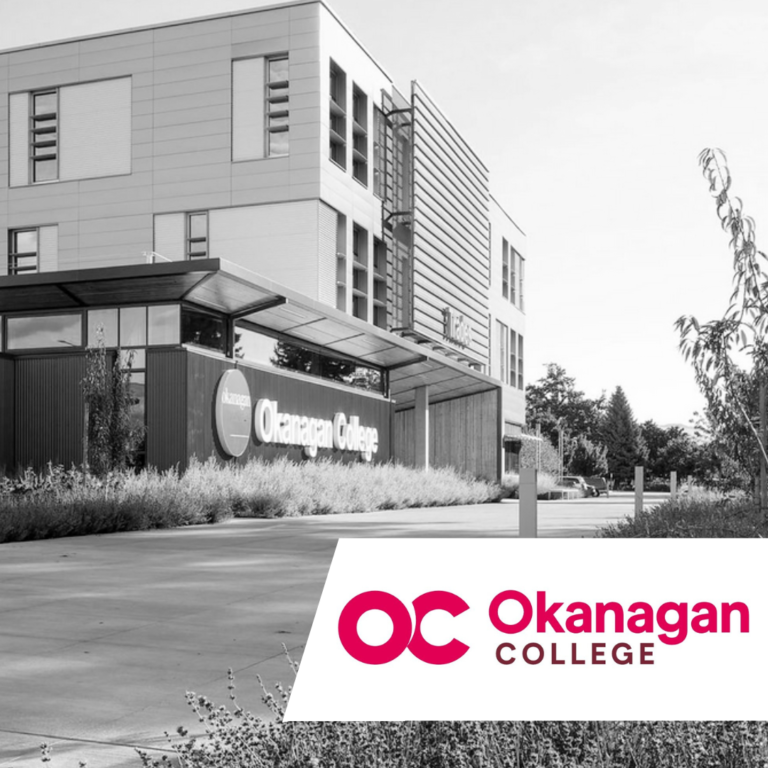UBC Okanagan researchers are using Canadian Nuclear Laboratories to conduct neutron beam testing to obtain highly accurate direct stress measurements and phase analysis of marine engine prototypes.

Mercury Marine, the world’s leading manufacturer of recreational marine propulsion engines, recently granted Tier 1 official supplier status to the University of British Columbia. Dimitry Sediako, associate professor in the School of Engineering at UBC’s Okanagan campus, and his research team are collaborating with Mercury Marine’s process-development engineers to investigate stress analysis and optimize their manufacturing technologies.
Sediako, previously a senior scientist with the Canadian Nuclear Laboratories (CNL), continues to access CNL facilities, which enables his team to conduct their experiments using CNL research infrastructure.

“Our student researchers are provided with a unique experience to use the advanced science facility to conduct real-world research that is having a direct impact on industry,” says Sediako. “When we direct the neutron beam through these engine components, we uncover critical information on material phases and stress distribution in the component.”
In an industry that is heavily regulated, that sort of analysis is essential to meeting strict production standards and product-operation requirements.
Companies like Mercury Marine are Original Equipment Manufacturers and to be a certified partner in their research process is an important role for us.
“Companies like Mercury Marine are Original Equipment Manufacturers (OEM),” says Sediako,” and to be a certified partner in their research process is an important role for us.”
The team’s initial project analyzes the application of Mercury Marine’s newest lower-unit prototype gear case for high-power marine engines. The new component is redesigned to be lighter than its predecessor and is made of a new high-strength aluminum alloy with improved recyclability.
Sediako and his team are undertaking neutron-diffraction studies to gauge the areas of possible design improvement and providing their results to Mercury Marine.
According to Sediako, the tests are paramount to creating better-built components. “We measure the stress distribution inside the component, thereby helping the company to optimize the component and process design, and to reduce or eliminate any potential structural weaknesses.”
As a Tier 1 supplier, similar research with Mercury Marine will be ongoing at the School of Engineering.
You can learn more about what is happening at UBC Okanagan here.








